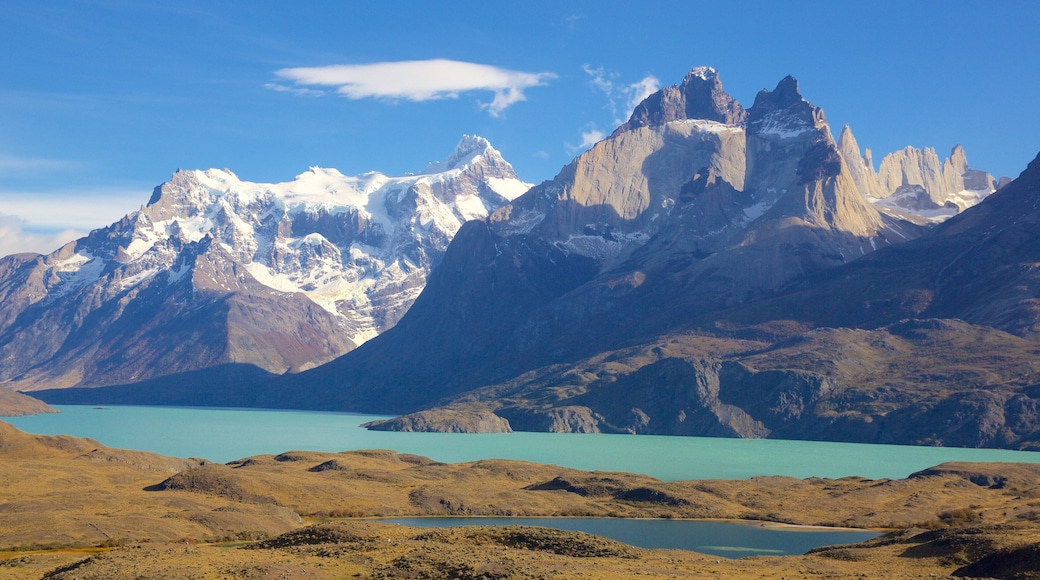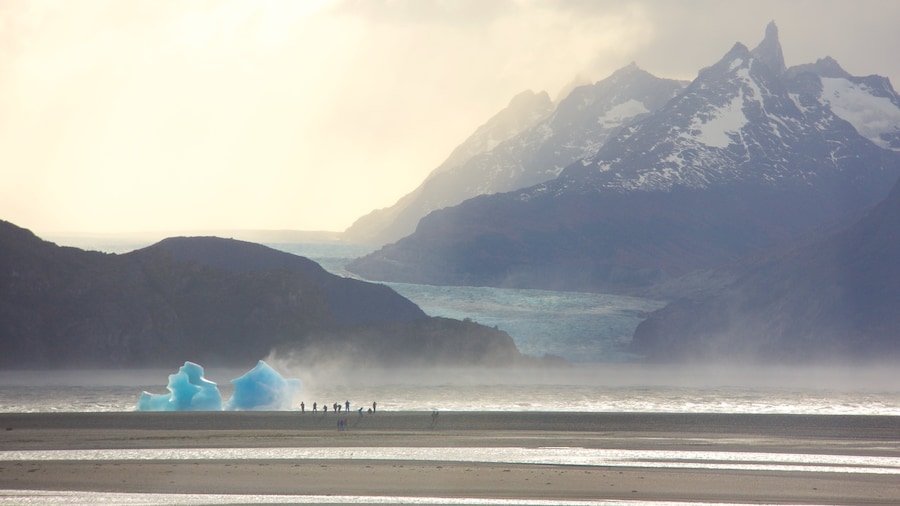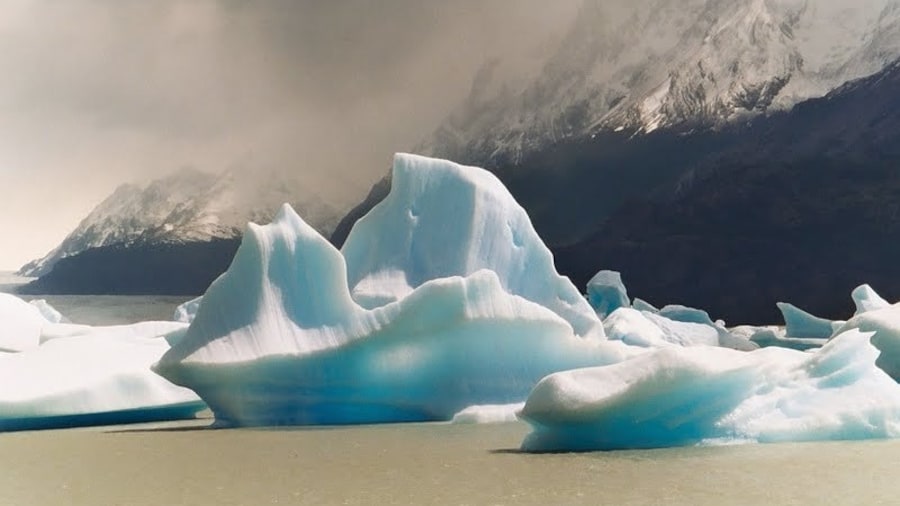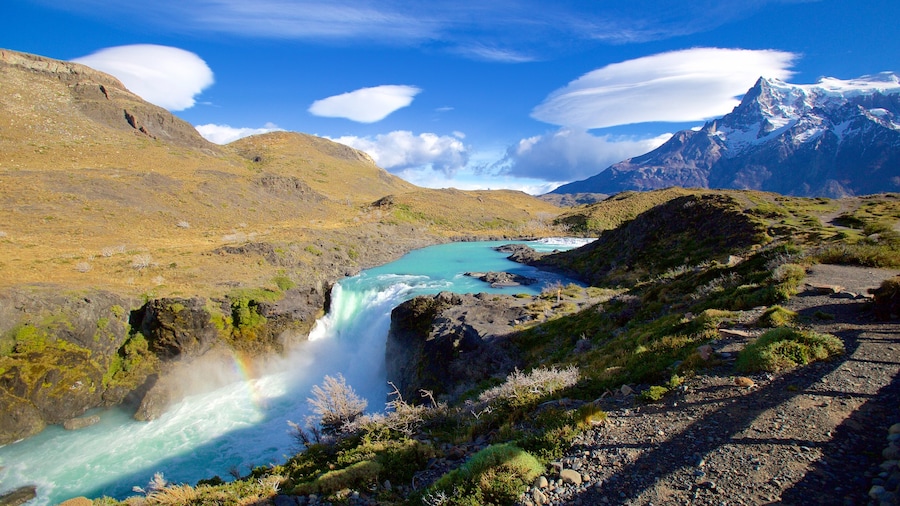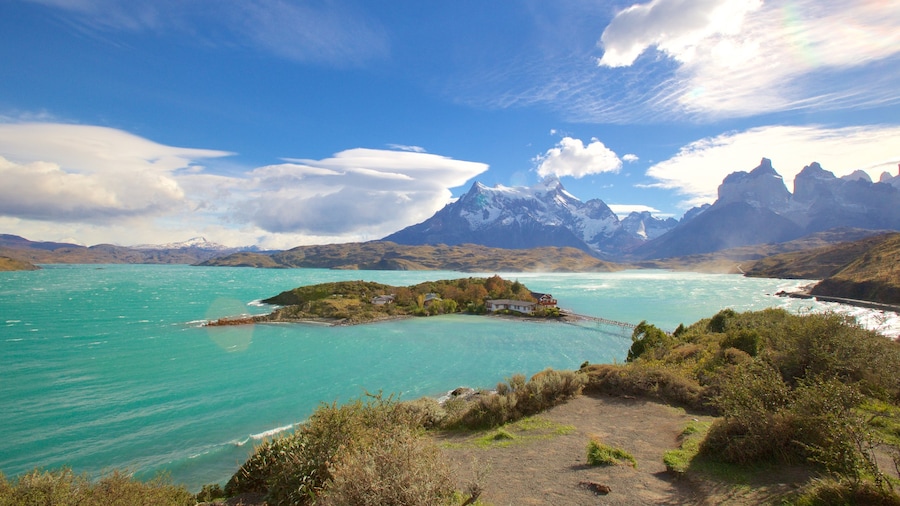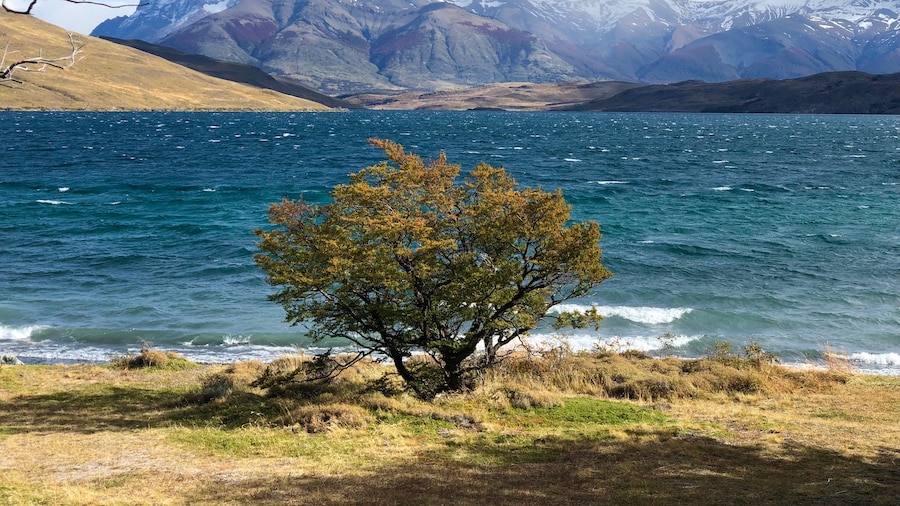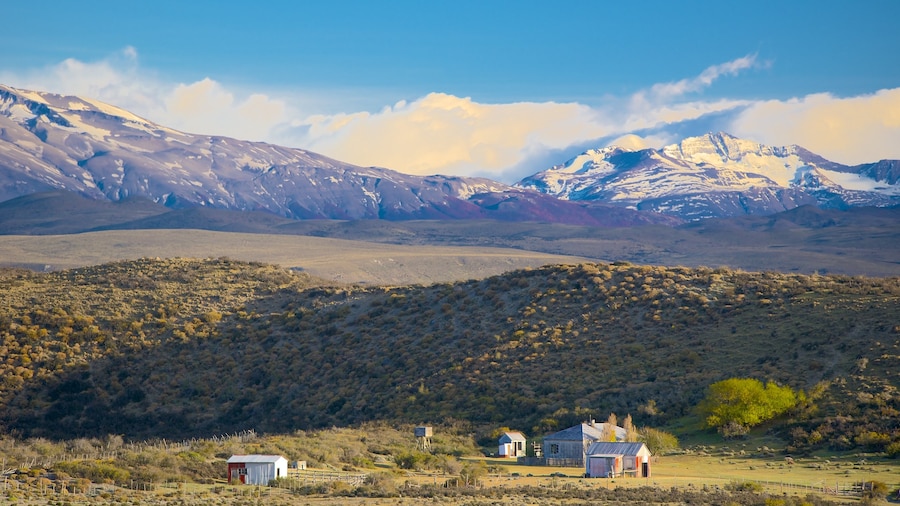Marvel at the dramatic granite columns of the Paine Towers, hike through diverse landscapes and go wildlife watching in this spectacular national park.
Among the most unspoiled parts of the Earth, the Torres del Paine National Park stuns visitors with its breathtaking natural beauty. Glaciers, snowy mountains, brilliant blue lakes and a plethora of exceptional wildlife can all be found within its boundaries. Trek along hiking trails and revel in the natural grandeur of its iconic granite pillars.
Before it became a national park in 1959, this region was used to graze sheep. These days, the park is popular among tourists who come to admire the striking stone spires of the Paine Towers. Take photos of these magnificent peaks, which can be seen looming over lakes and valleys from across the park. The majestic stone towers rise 6,560 feet (2,000 metres) above the Patagonian plains.
The park has a variety of hiking trails. Walk the famous “W” route, which usually takes about 5 days. Find shelter and basic services at rest points along the trail. These spots are among the few places where cooking with a camp stove is permitted.
More ambitious hikers can tackle the longer circuit route, which will take about 9 days to complete. Arrange to see less-traveled parts of the park on a ranger-guided walk.
As you explore, be on alert for the fascinating animals that live here, such as the South American grey fox and the south Andean deer. The park is also home to guanacos, a smaller relative of the camel, as well as more than 270 plant species.
Stay the night at one of the designated camping sites or splurge for a luxury hotel near the park’s entrance. The best time of the year to visit is between December and February, when daylight hours are longest. For much of the Southern Hemisphere’s winter, the park is in darkness.
Torres del Paine National Park is in the northern part of the Magallanes and Antártica Chilena region. Buses to here depart from the town of Puerto Natales. An admission fee is charged for the park, though Chilean nationals and children can get discounts.
